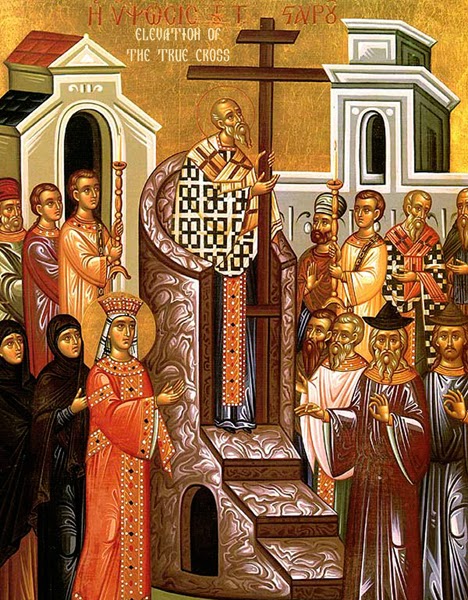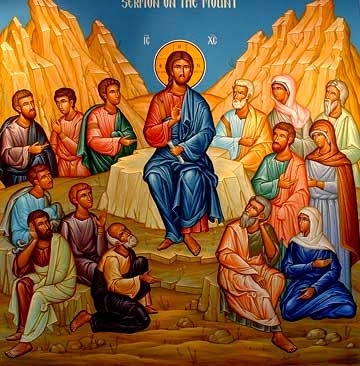Homily for the 28th Sunday in Ordinary Time, 2014, Year A
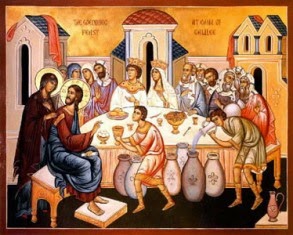
Fr. René J. Butler, M.S. Director, La Salette Shrine Enfield, NH ( Click here for today’s readings ) When people become very old, others will often ask them the secret to a long life. George Burns, who died at 100, supposedly said, “ If you ask what is the single most important key to longevity, I would have to say it is avoiding worry, stress and tension. And if you didn't ask me, I'd still have to say it. ” Here are a few other secrets of longevity from less famous persons. A woman aged 116: “Mind your own business and don’t eat junk food. Treat everyone the way you want to be treated, work hard and love what you do.” A man aged 115: “Friends, a good cigar, drinking lots of good water, no alcohol, staying positive and lots of singing will keep you alive for a long time.” A man aged 108: “My secret to a long, healthy life is to always keep working. It keeps me busy and happy, and gives me a reason to stay alive.” A lady named Katherine Knauss Sullivan was 96
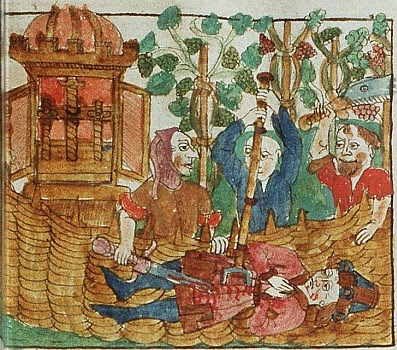
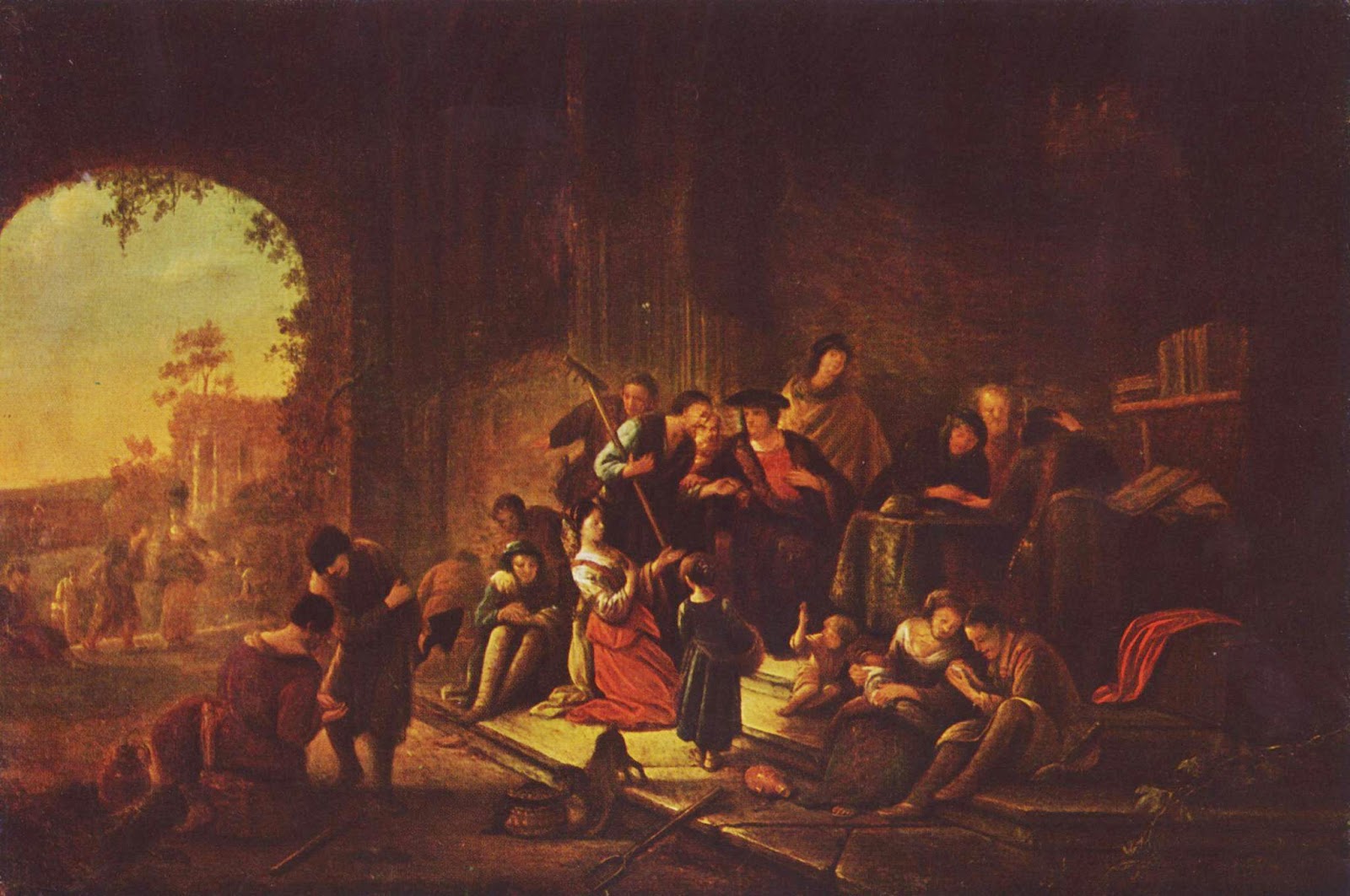
.jpg)
